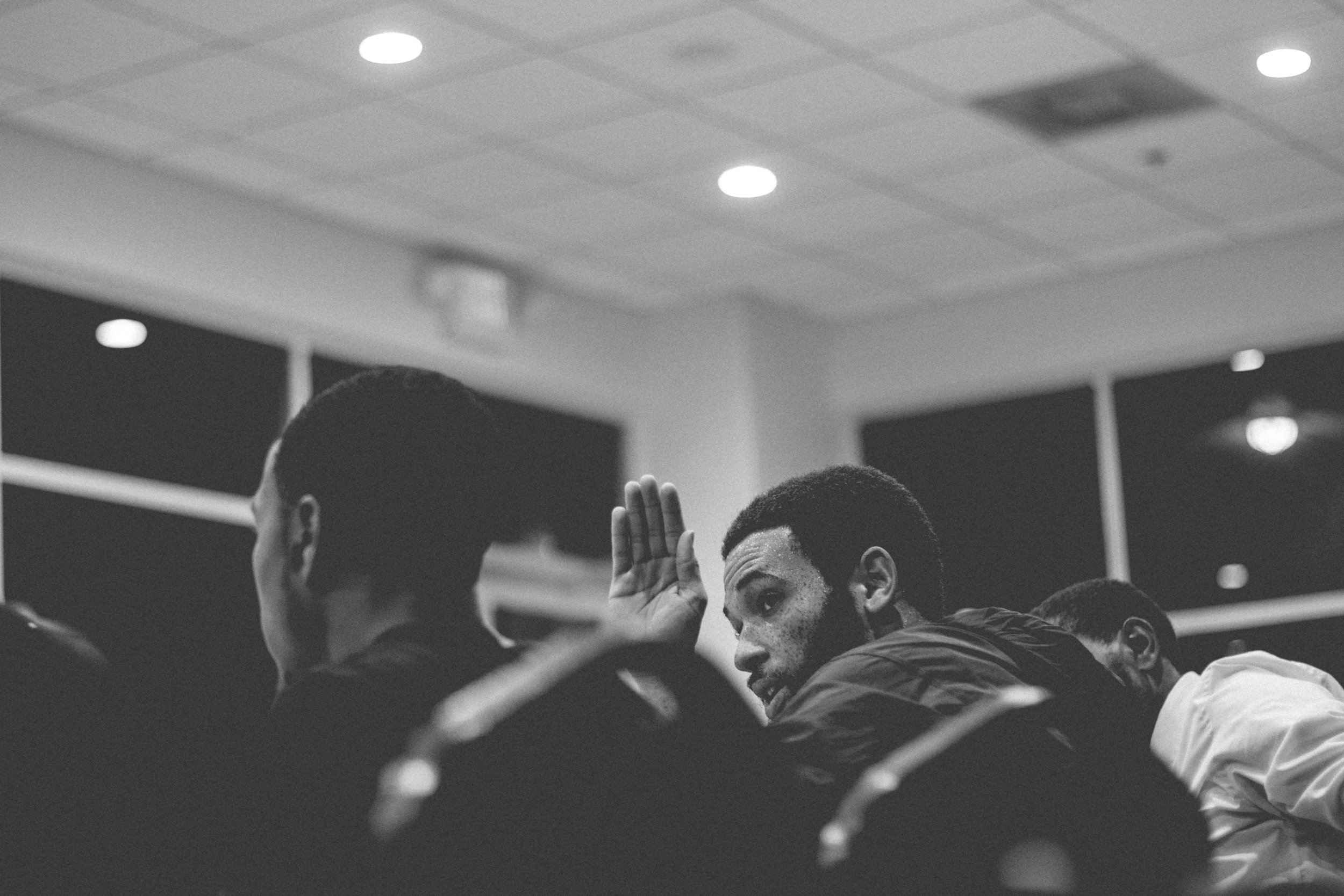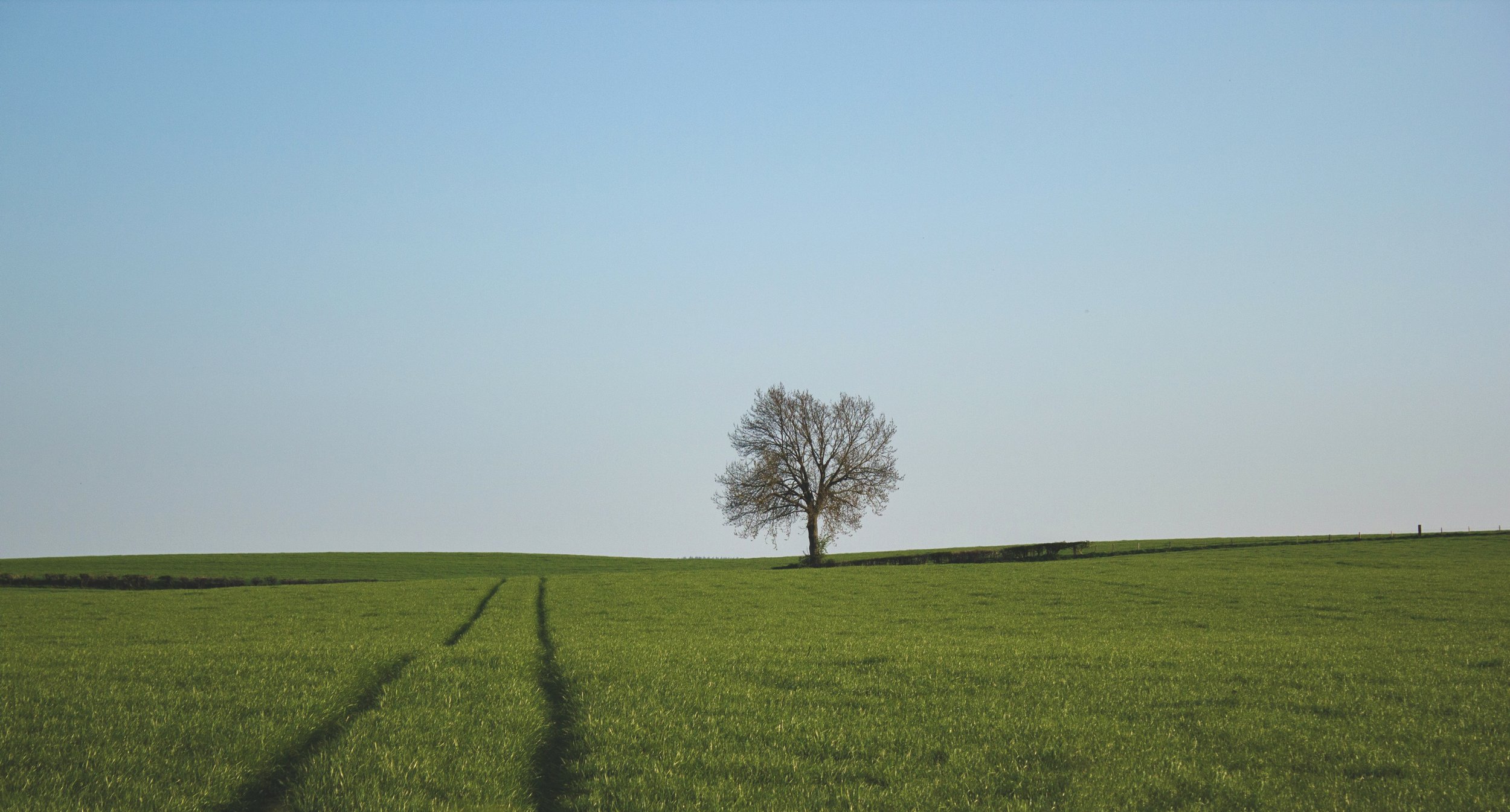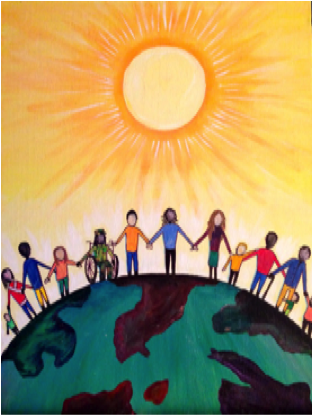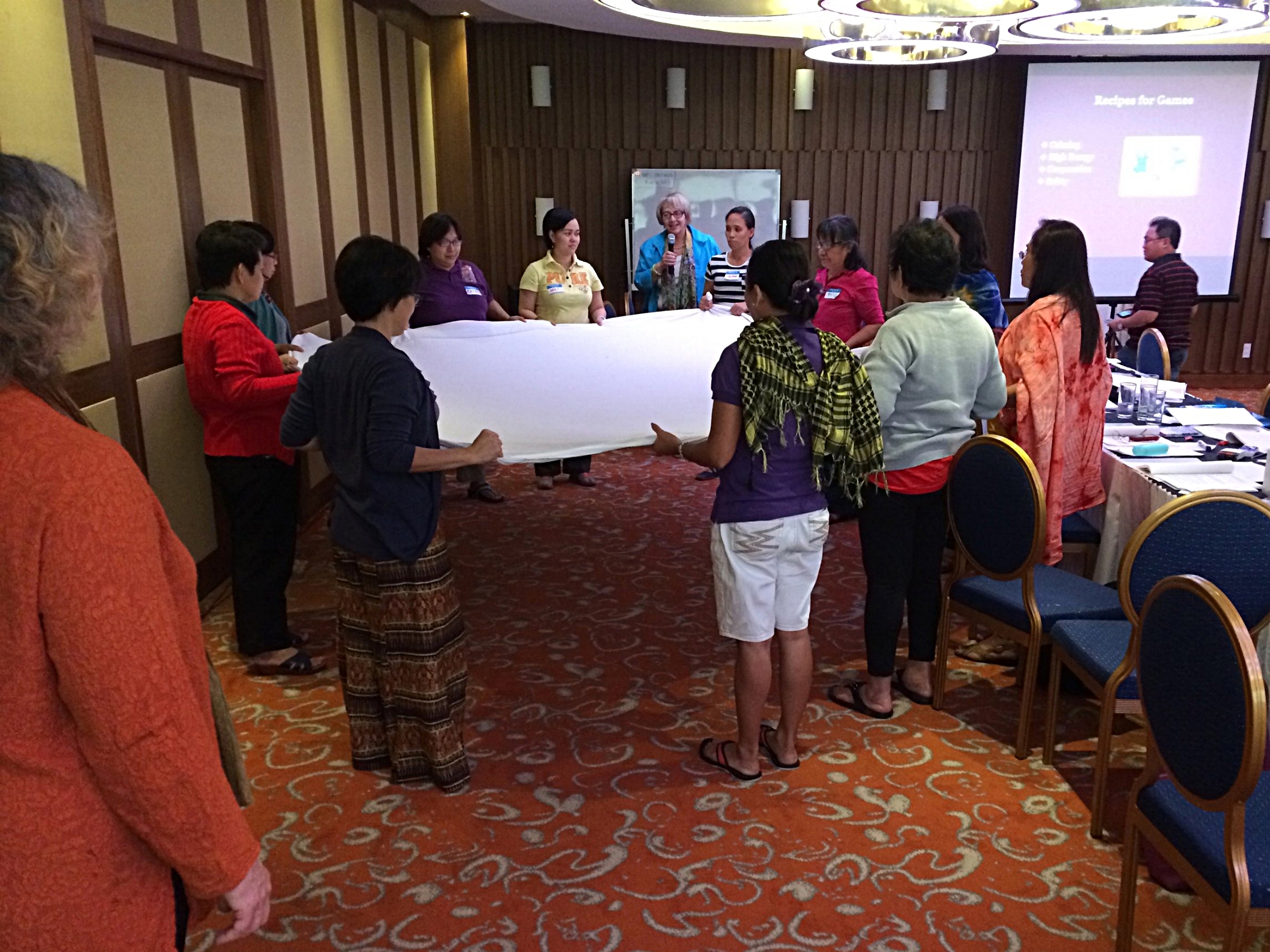
For Clinicians and Professionals
The Clinical Model: TRM
Discover the Trauma Resiliency Model (TRM): A Pathway to Healing and Nervous System Balance
The Trauma Resiliency Model (TRM)® is a body-centered, neuroscience-informed approach that helps individuals restore balance in mind, body, and spirit after trauma. Designed for clinicians and practitioners, TRM teaches ten somatic skills that support clients in processing overwhelming experiences, completing thwarted biological survival responses, and reconnecting with their natural capacity for well-being.
Especially effective for those impacted by developmental, historical, and intergenerational trauma, TRM offers a compassionate, strengths-based framework grounded in the understanding that the body holds the multi-sensory imprint of trauma.
Upcoming Trainings:
Drawing from Polyvagal Theory, somatic psychology, neuroplasticity, and sensory integration, TRM practitioners learn how to empower their clients to regulate their autonomic nervous system. TRM provides the missing link in trauma recovery by emphasizing body awareness and bottom-up processing, helping clients access relief, meaning, and greater emotional regulation through the innate wisdom of the body.
Key Features of TRM:
💡 Biologically Based: Learn how the body responds to fear and threat and how healing begins by restoring regulation in the autonomic nervous system.
🛠 Somatic Tools for Safety: Practice the ten trauma and resiliency-informed skills that help complete thwarted fight/flight responses and reduce intrusive symptoms like flashbacks, anxiety, and dissociation.
🌿 From Surviving to Thriving: Support clients in moving beyond survival to reconnect with hope, empowerment, and meaning.
🌎 Culturally Responsive & Adaptable: Used globally in diverse settings, from disaster zones to clinical offices, TRM meets clients where they are—honoring the body's wisdom across all cultures and identities.
Come and learn a deeper, embodied approach to trauma recovery - TRM offers a practical, heart-centered path to resilience.
“The body holds the story—and it also holds the key to healing.”
TRM Level 1
TRM Level 1 explores the biology of fear and threat and the automatic, natural defensive responses that occur when faced with a life-threatening and/or dangerous situation. Most importantly, this model explores the concept of resiliency and how to restore balance to the body and the mind after traumatic experiences.
TRM Level 2
The TRM Level 2 training builds on the Level 1 training and focuses on working with trauma reprocessing in greater depth emphasizing a fuller understanding of the survival responses and how attachment theories are applied to TRM.
"Reflecting back on the TRM training, it became evident that this had not only been a practical, insightful workshop, but also a healing experience. Never before had I attended a professional workshop where there was such a sense of camaraderie, oneness, connection, and shared understanding. Thirty of us, all in the helping field in one way or another: a social worker aiding the homeless in Venice Beach, a clinician doing play therapy with children experiencing the effects of high-conflict divorces, therapists with private practices in the heart of Beverly Hills. One woman in particular stood out, a documentary filmmaker who explores the connection of humans in different cultures. She came to the training to learn skills to help the residents of the impoverished countries she visits. It was invigorating to share three days with these inspiring people, who were willing to be raw, vulnerable and open to doing their own work. Through our processing and learning of TRM together, we left instilled with the message that, "Adversity is not destiny."
- Katie Klein

For Everyone
The Community Model: CRM
Community Resiliency Model (CRM)®
The Community Resiliency Model (CRM)® is evidence-based* and trains community members to not only help themselves but to help others within their wider social network. The primary focus of this skills-based, stabilization program is to re-set the natural balance of the nervous system.
CRM’s goal is to help to create “trauma-informed” and “resiliency-focused” communities that share a common understanding of the impact of trauma and chronic stress on the nervous system and how resiliency can be restored or increased using this skills-based approach.
CRM’s adaptation to disasters is called the Disaster Relief Mobilization-Community Resiliency Model ™ (DRM-CRM). DRM-CRM is a trauma-informed, resiliency-focused systemic response for how to bring the Community Resiliency Model into disaster settings. It can be implemented in preparation for a community disaster, during a disaster, and post-disaster. For more information about this program, please contact us at hello@communitytri.com.
*CRM is included in the The California Evidence-Based Clearinghouse (CEBC) for Child Welfare.
Upcoming trainings:
CRM Workshops
CRM Workshops introduces the six wellness skills of CRM designed to help adults and children learn to track their own nervous systems in order to bring the body, mind and spirit back into greater balance, and to encourage people to pass the skills along to family, friends and their wider community.
CRM Teacher Training Program
CRM Teacher Training programs help create capacity in local communities. Communities throughout the world are encouraged to infuse their unique cultural lens in order to increase the efficacy of the CRM Skills.
CRM Videos
Listen to personal stories of how CRM has influenced people's lives.
Disaster Relief Mobilization–Community Resiliency Model (DRM-CRM)
“Strengthening communities after disaster—one skill, one conversation, one resilient step at a time.”
The Disaster Relief Mobilization–Community Resiliency Model (DRM-CRM) is a skills-based, trauma and resiliency-informed program designed to support communities in the aftermath of natural disasters.
Grounded in biology and resilience science, DRM-CRM equips survivors, families, and responders with practical tools to regulate the nervous system, reduce distress, and foster collective healing.
By integrating self-care strategies, strength-based conversations, and community-driven practices, DRM-CRM promotes recovery, prevents compassion fatigue, and can cultivate long-term resilience across the lifespan and with diverse populations.
The DRM-CRM Program empowers survivors and responders alike to heal, connect, and rebuild—one skill, one conversation, and one resilient community at a time.










